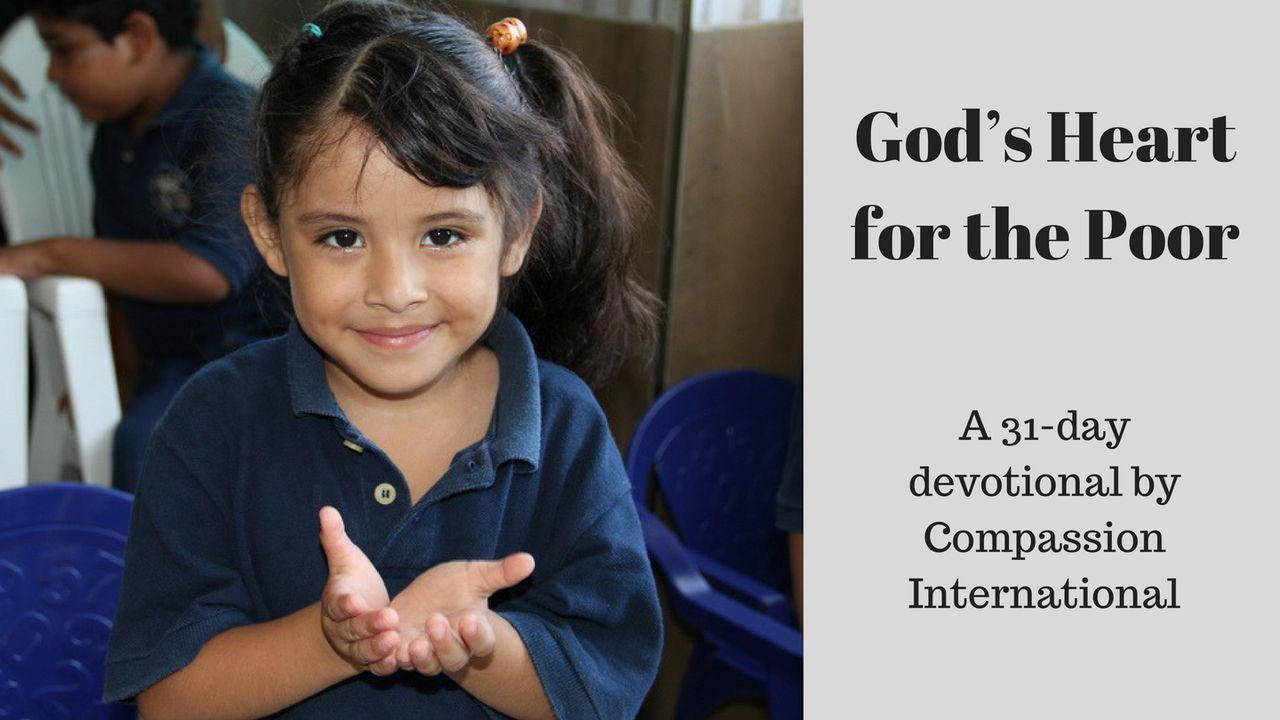God’s Heart For The PoorEgzanp

The Day of Reckoning

Have you noticed that God values people for who they are, not for what they can contribute to someone else’s bank statement? Isaiah is dealing with that theme here in this passage. We’re not sure if he’s referring to rulers or judges, but his point is very clear!
Isaiah says that these officials are charged with making unjust laws and oppressive decrees that were designed to deprive rights of the poor and withhold justice. They were taking advantage of widows and robbing the orphans. His question is daunting: “What will you do on the day of reckoning?” What will you do when God rises up?
We may think that we will never give account of our actions, but God thinks differently.
We may not be creating unjust laws that oppress others. We may not be running a widow out of her house or making an orphan work for no pay, so how do these verses apply to us? We can think through our encounters. Do we bully people or take advantage of them? Do we make others feel less significant by lording our power over them? Are we paying fair wages to our employees and those who help at our home? Do we support organizations or businesses who oppress their workers?
Or do we do our part to advocate for justice?
Ekriti
Konsènan Plan sa a

The Bible tells us that God “takes up the case” of those who have been crushed. When we follow His lead, we become an advocate for the poor—doing whatever we can to fight for justice. Over the next 30 days, we’ll take a compelling look into poverty and how God has entrusted us to respond.
More
Plan ki liye yo

Gerizon Jezi : Eksplore pouvwa & konpasyon

Parabòl Jezi : Eksplikasyon pratik sou Peyi Wa a

Bondye pa ChatGPT

Karèm/Pak : Jezi soufri, mouri, epi genyen viktwa

Mirak Jezi : Revele idantite divin Li

Istwa Nwèl : 5 jou sou nesans Jezi

Karèm/Pak : Jezi fè fas ak lanmò avèk kouraj

Karèm/Pak : Dènye jou Jezi yo

Grandi Nan Sanktifikasyon
